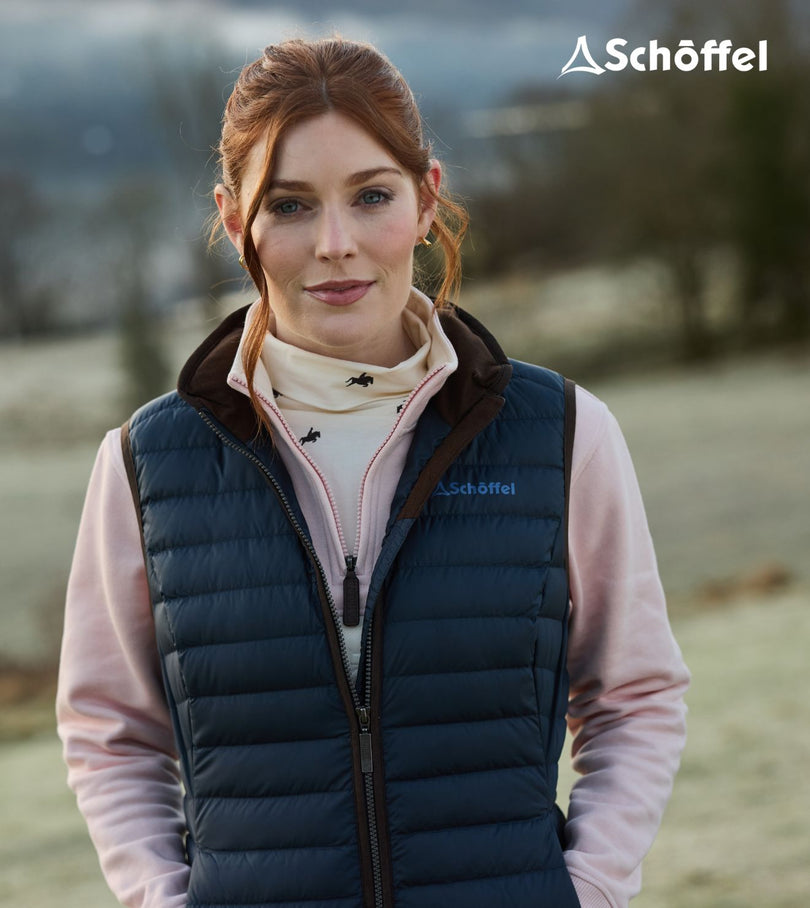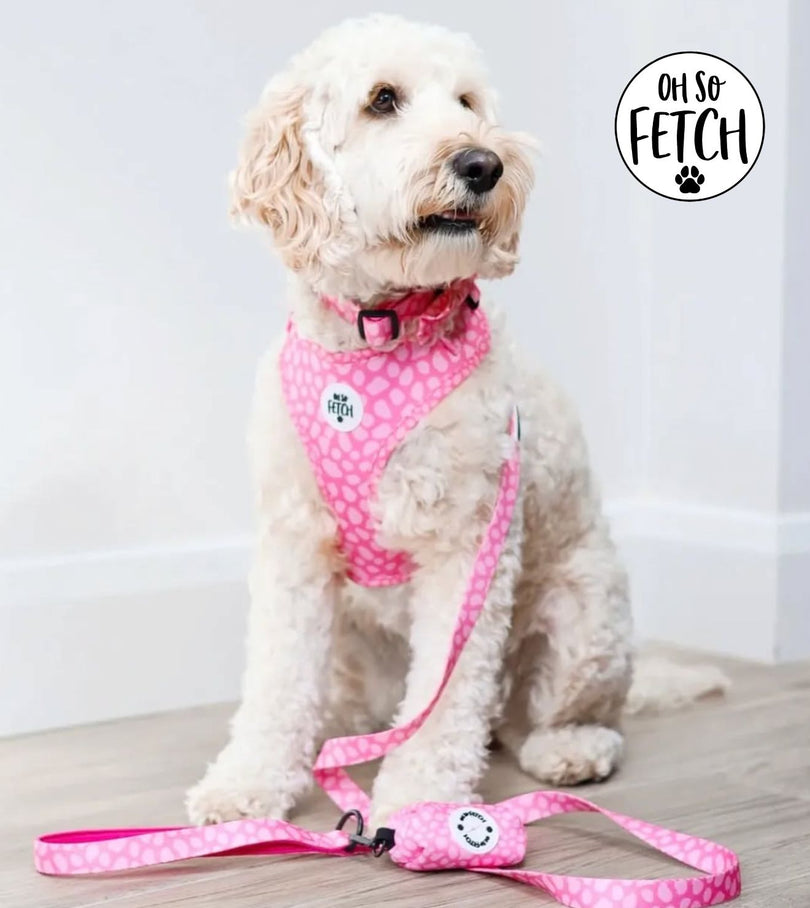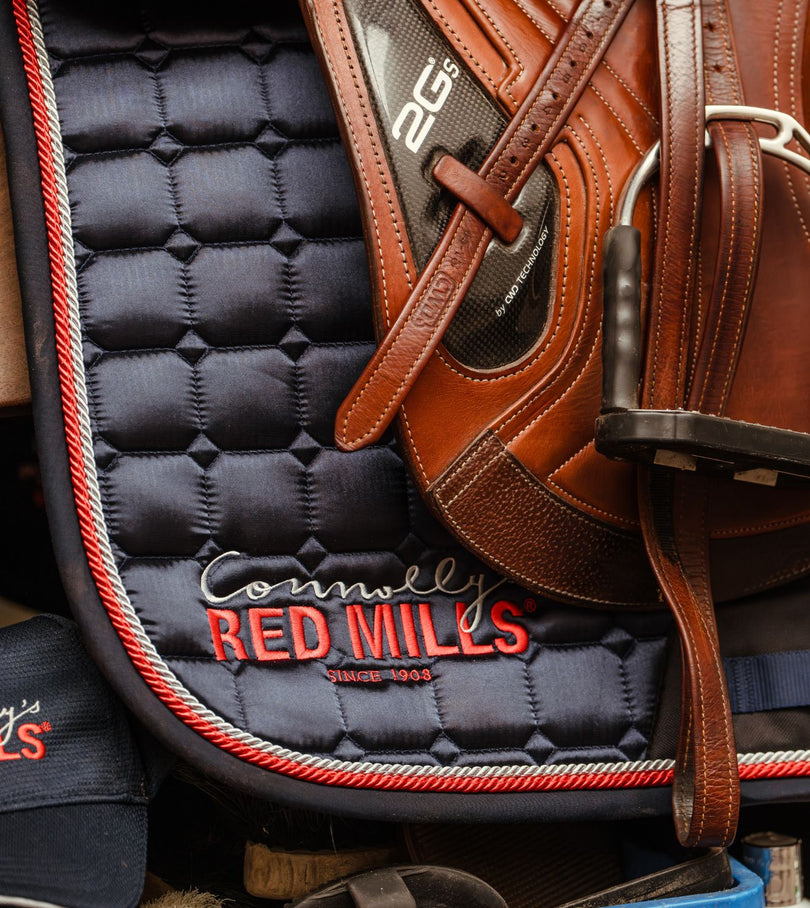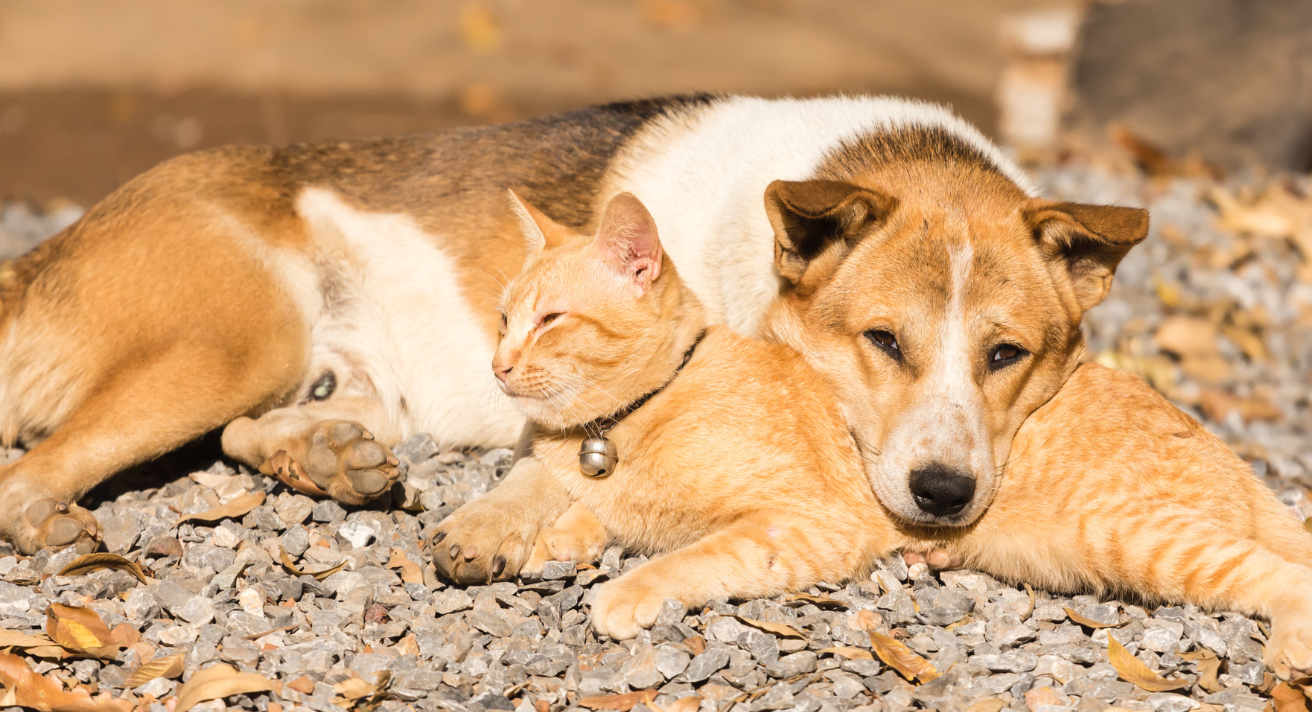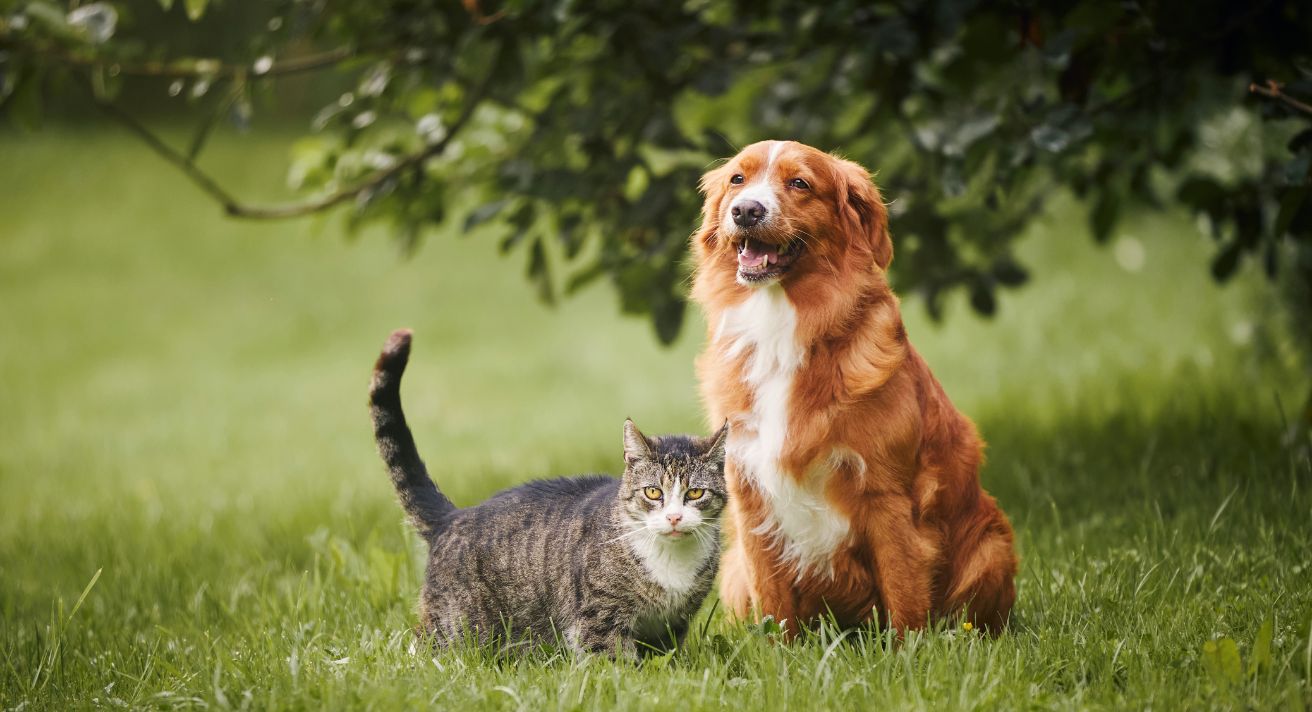About 70% of a dog or cat’s body is water, and staying hydrated is crucial for all living things. Because they can’t survive without water, you might think putting out clean water regularly is enough to ensure that your pets stay well hydrated. Usually, that’s true, but not always. And it is very easy to underestimate how much water your dog or cat needs, especially in warm weather when they need more water.
Dehydration is serious and can cause organ failure. It can sneak up on you. Cats are notorious for slipping past us and getting themselves shut into presses or sheds. Dogs can get so caught up in their play or everything they are seeing and sniffing on a walk that they don’t seem to notice that they need some water.
Cat Hydration Needs
Cats need at least 50 ml of water per kilo of their weight, which is about 200-250 ml a day for the average cat. Larger felines such as Maine Coons will need more. Cats are especially challenging because they are more likely to be very fussy about their water bowls, and they are quicker to start deteriorating without water than dogs.
Dog Hydration Needs
Dogs need a bit more water than cats – about 70 ml per kilogram of their weight. The smallest toy breeds need at least 125 ml, while very large dogs will require three litres. An active dog will need more water than a sedentary one.
A nursing mother dog or cat will need extra water. If either a dog or cat goes 24 hours without water, something is wrong and should not be ignored.
Keeping Your Cat Hydrated
Having a few water bowls in your cat’s favourite places – inside and out – makes it easier for them to drink enough water. Be sure to change the water at least once a day. If your cat isn’t drinking, try a water bowl made from a different material. For example, if they are ignoring their plastic dish, try a metal or ceramic one. If your cat isn’t drinking enough, do not try to tempt them with cow’s milk. It’s actually hard on their stomachs. Instead, offer a little wet food every day.
Helping Your Dog Hydrate in the Heat
Dogs too can benefit from extra bowls of clean, fresh water in warm weather. And if you are taking your bestie out for a long walk, even in a shady place, carry a travel water dish and water for them. Don’t wait until they are panting to offer it, and don’t let them drink from lakes, rivers or puddles. Discourage your dog from overexerting themselves in the heat. Dogs are generally more likely to drink enough than cats. With dogs, you need to watch that they don’t gulp a lot of water and then start playing too intensely as that can lead to gastric torsion, which is a life-threatening emergency.
Signs of Pet Dehydration:
- Panting
- Lethargy
- Sunken eyes
- Dry gums
- If you pinch the skin at their shoulders and gently pull it, it should immediately go back into place and be smooth. If it retains a tent shape for a moment, your cat is probably dehydrated and in need of veterinary attention.
If your pet is dehydrated, contact your vet immediately. They can coach you through the safest away to get them drinking water or let you know if you need to bring your pet in for emergency hydration treatment. Do not offer your pet any type of beverage or dehydration treatment intended for humans unless your vet instructs you to do so.
While dehydration can occur at any time of the year and can be a sign of an underlying medical condition, the biggest risk is an animal simply not drinking enough water in warm weather.
Written by Irene Hislop



